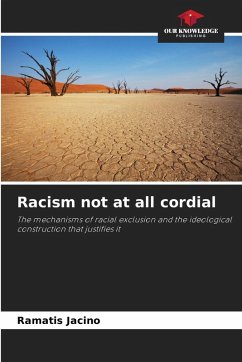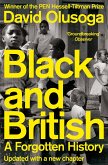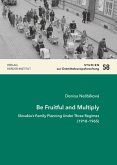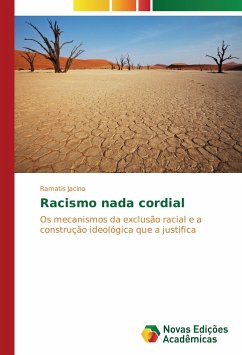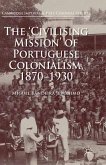The two texts that make up this book deal with racism. With different approaches, they reflect on a certain ideological construction that hierarchises human beings according to skin colour, geographical origin and cultural heritage. They are complementary texts. The first, focussed on the city of São Paulo, shows that there was an incipient social ascent of black men and women, free or freed, from the second half of the 19th century onwards, which was nevertheless blocked by legal initiatives and administrative actions by the oligarchies that had benefited from slavery for over 350 years. It shows that, as well as being 'thrown to their fate' after slavery became illegal, they were the object of actions that concretely prevented that rise. The second article seeks to debate some paradigms produced by intellectuals who reflected the thinking of these same oligarchies; such as the idea of a mild slavery and a fraternal relationship between slavers and the enslaved, the result of the supposed 'cordial nature' of the latter and their passive subjection. This relationship would result in the construction of a 'racial democracy'.
Bitte wählen Sie Ihr Anliegen aus.
Rechnungen
Retourenschein anfordern
Bestellstatus
Storno

